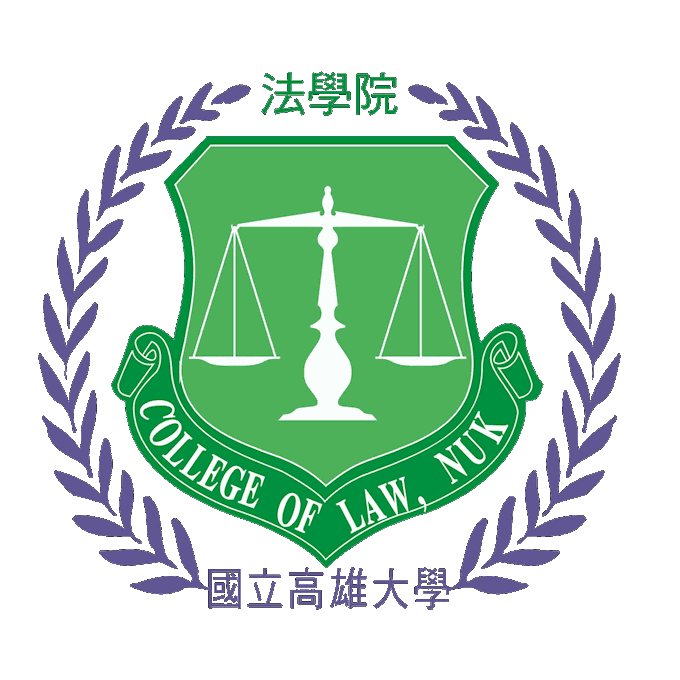

1999 年日本通過「地方分權法及相關法案」,此一「包裹式」法案的主要內容在於:一、明確中央政府和地方自治體的分工;二、廢除機關委任事務制度;三、重新審視中央政府的干預等行為;四、設立解決中央政府與地方自治體出現爭端的專責委員會。日本地方分權化改革逐漸有比較完整的設計。2003 年小泉政府進一步提出「三位一體改革方案」,針對中央政府對地方的補助金的廢止或減少、中央稅源移轉給地方、地方交付稅的檢討等問題,提出激進的「構造改革」方案。本論文旨在分析日本地方分權化的理論爭議與制度改革,並且強調,日本因為對地方自治的特殊見解及歷史經驗,日本地方分權化將因為這些不確定因素而有所影響。
In 1999, The Package Promoting Decentralization Act was enacted, and came into law in 2000. This Act provides 1. role-sharing between central government and local government, 2. abolition of the system of agent delegated functions, 3. re-examination of intervention by central government, 4. establishment of the Central-Local Government Dispute Resolution Council, along with other alterations. In June 2003, the Koizumi administration created the “Trinity Reform Package.” In this context, “trinity” means the decentralization reform process that involves three factors: local tax, local allocation tax grant and national government disbursement. This research plan will try to attempt a complete comparison of decentralization in Japan from 1990s, especially focusing on Japan’s own historical traditions and exigencies.